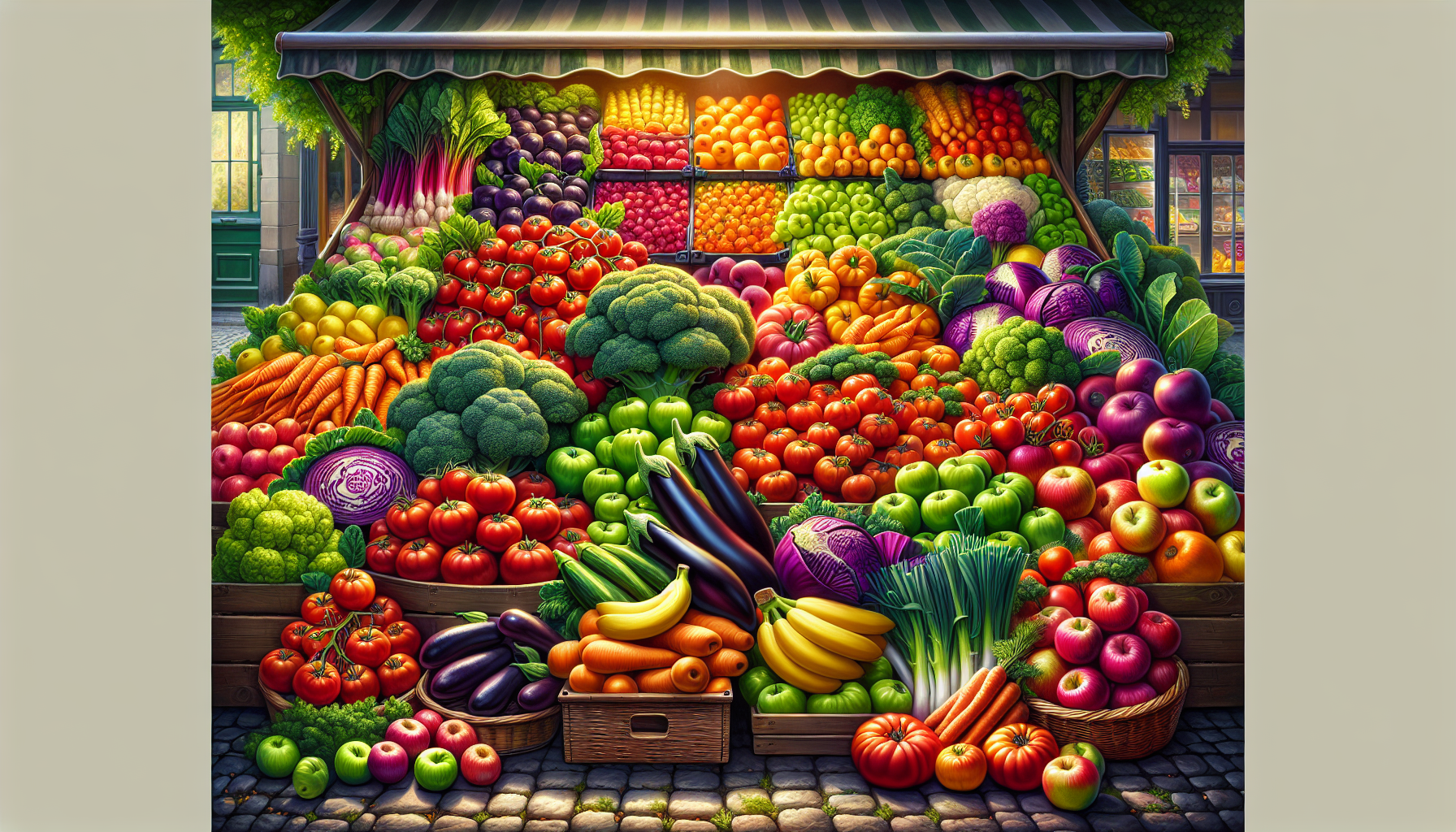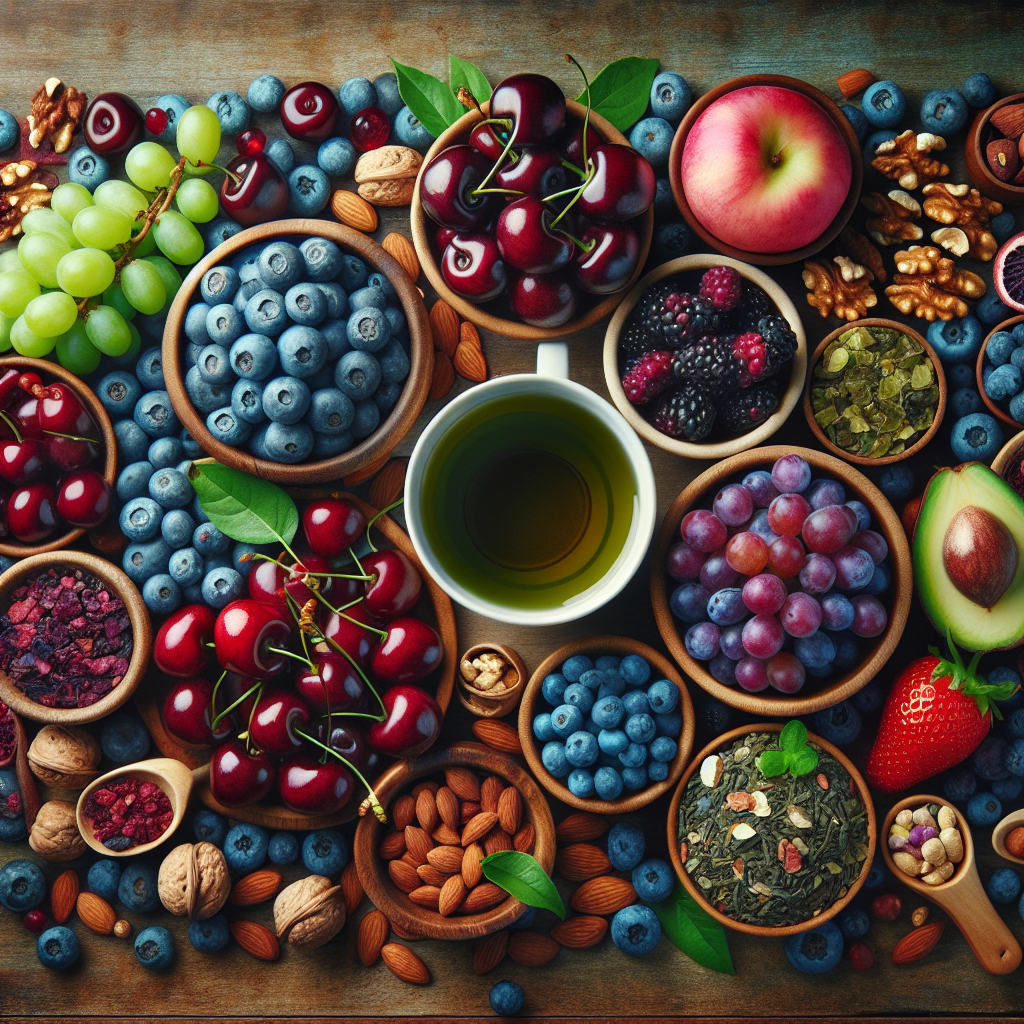In an age where the quest for youthful and radiant skin is ubiquitous, the role of diet, particularly dietary antioxidants, cannot be understated. Antioxidants are the unsung heroes in the narrative of skin health, playing a pivotal role in combating the wear and tear our skin undergoes daily. This article delves into the science behind dietary antioxidants and their profound impact on skin appearance.
Understanding Antioxidants and Skin Health
Skin is the largest organ of the body and is the first line of defense against environmental aggressors. Over time, factors such as UV radiation, pollution, and lifestyle choices can lead to oxidative stress, which in turn can accelerate skin aging and contribute to various skin diseases. Antioxidants are molecules that inhibit the oxidation of other molecules, thereby protecting the skin from damage caused by free radicals and oxidative stress.
Dietary antioxidants can come from a multitude of sources, including fruits, vegetables, nuts, and whole grains. These beneficial compounds include vitamins A, C, and E, selenium, and polyphenols, among others. They not only help in maintaining skin structure and function but also contribute to skin’s radiance and resilience.
The Impact of Specific Antioxidants on Skin
- Vitamin C: An essential nutrient that aids in collagen production, holding the skin together and providing it with structure. It also helps in healing and has photoprotective properties.
- Vitamin E: It works in conjunction with vitamin C and acts as a lipid-soluble antioxidant, protecting cell membranes from oxidative damage.
- Beta-Carotene: A precursor to vitamin A, which is crucial for skin repair and maintenance. It also helps in protecting the skin from sun damage.
- Selenium: A trace mineral that helps to protect the skin from UV-induced damage and skin inflammation.
- Polyphenols: Found in green tea, grapes, and berries, these compounds have anti-inflammatory and anticarcinogenic properties, which can be beneficial for skin health.
Exploring the link between diet and skin health, it’s important to understand that skin appearance is a reflection of overall health. By incorporating Skin Health into your wellness regime and focusing on nutrition rich in antioxidants, you can contribute significantly to the vitality and appearance of your skin.
Dietary Sources of Antioxidants
To harness the benefits of antioxidants, one must know where to find them. A diet rich in fruits and vegetables is essential, with some standout sources being:
- Berries: Strawberries, blueberries, raspberries, and blackberries are loaded with antioxidants.
- Leafy Greens: Spinach, kale, and other greens are high in vitamins A, C, and E.
- Nuts and Seeds: Almonds, sunflower seeds, and walnuts are packed with vitamin E.
- Whole Grains: Oats, quinoa, and brown rice contain selenium and other antioxidants.
By incorporating a variety of these foods into your daily diet, you can ensure a steady intake of antioxidants that will support your skin health. For more detailed information on the impact of diet on skin health, consider reading about Combating the Effects of Hard Water on Skin Health and The Relationship Between Hydration and Skin Oil Production.
Research and External Resources
Scientific research supports the idea that antioxidants can significantly affect skin health. A study published in the Journal of Dermatological Science found that antioxidants can help prevent the breakdown of collagen and elastin, which are key for maintaining skin’s elasticity and firmness.
For further reading on the pathways through which antioxidants aid skin appearance, The Linus Pauling Institute at Oregon State University provides an in-depth look at micronutrients and skin health.
Moreover, the American Academy of Dermatology offers resources on how diet impacts skin health, providing evidence-based guidance on nutritional strategies for optimal dermatological health.
Practical Tips for Including Antioxidants in Your Diet
To effectively incorporate antioxidants into your diet, consider the following:
- Eat the Rainbow: Consuming a colorful array of fruits and vegetables ensures a wide range of antioxidants.
- Go Nuts: Snack on nuts and seeds as they’re an easy source of vitamin E and selenium.
- Brew Some Green: Green tea is rich in polyphenols and can be a soothing part of your daily routine.
- Spice It Up: Many spices, such as turmeric and cinnamon, are high in antioxidants.
- Prefer Whole Grains: Swap refined grains for whole grains to boost your selenium intake.
For those who struggle with incorporating these foods into their diet or have specific skin concerns, Essential Oils and Their Role in Skin Care Routines may offer additional guidance on how to use natural ingredients for skin benefits.
Antioxidants and Skin Care Products
In addition to diet, topical application of antioxidants can be beneficial. Skin care products containing vitamins C and E, ferulic acid, and green tea extracts can provide an additional layer of defense against environmental damage.
To learn more about the role of patience in skincare and the time it takes for antioxidants to have an effect, the article The Importance of Patience in Skin Care Results offers valuable insights.
Conclusion
Dietary antioxidants are crucial for maintaining healthy, youthful skin. By eating a varied diet rich in these powerful compounds and considering topical applications, one can significantly influence the health and appearance of their skin. Remember, skin care is not just about what you put on your skin, but also about the nutrients you feed your body.
To further reinforce the relationship between diet and skin health, consult additional high-quality resources such as the Skin Cancer Foundation for advice on protecting your skin from the inside out and the National Institutes of Health for comprehensive information on the importance of dietary supplements and nutrients.
Embarking on a journey to improve your skin health through dietary antioxidants is a choice that will benefit more than just your appearance; it’s an investment in your overall well-being.



